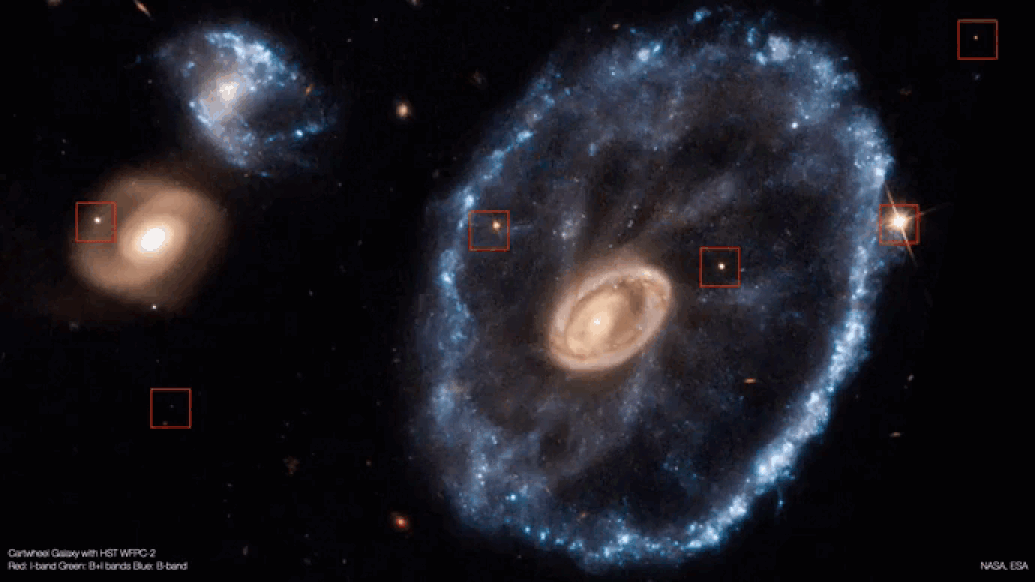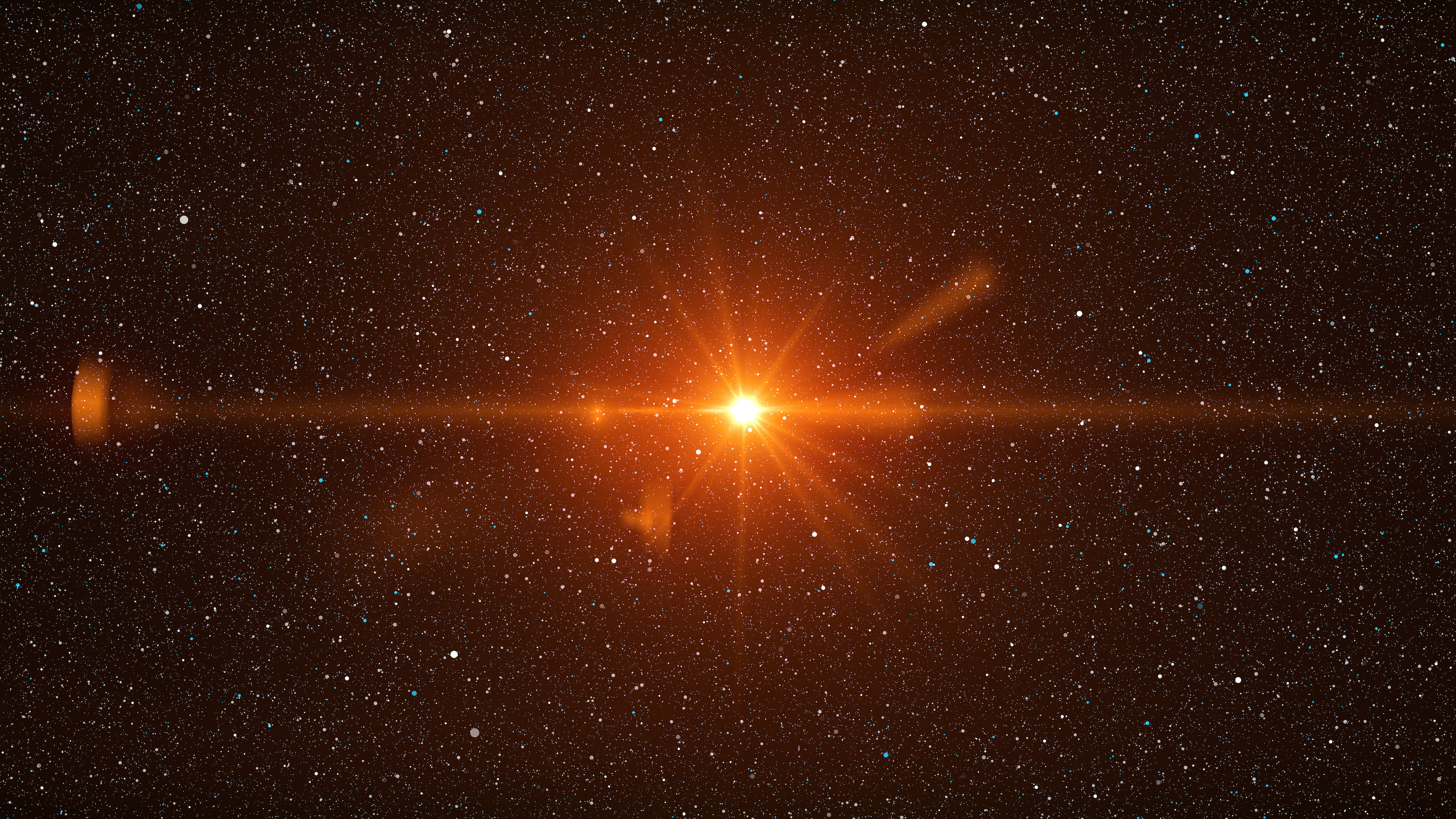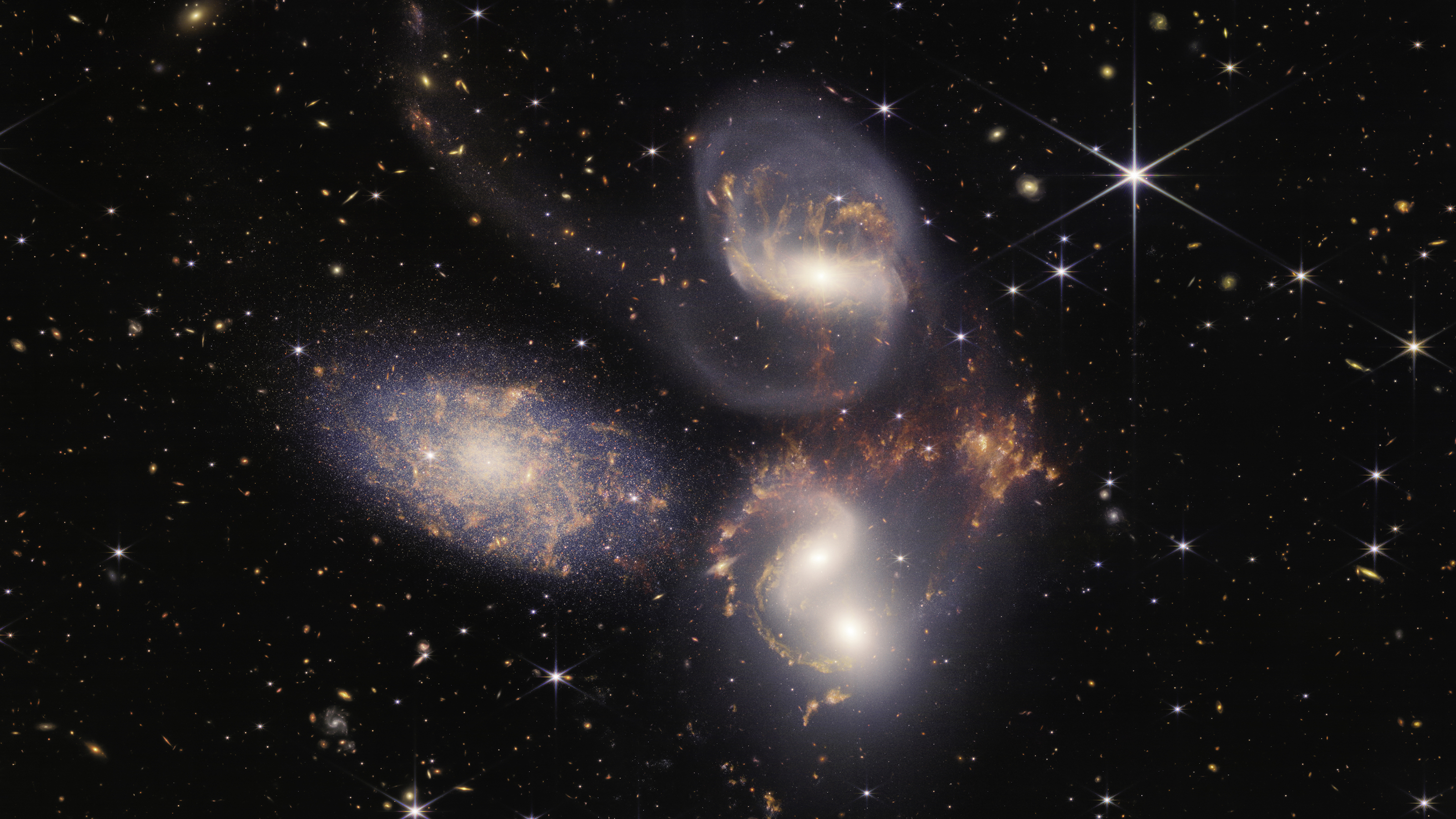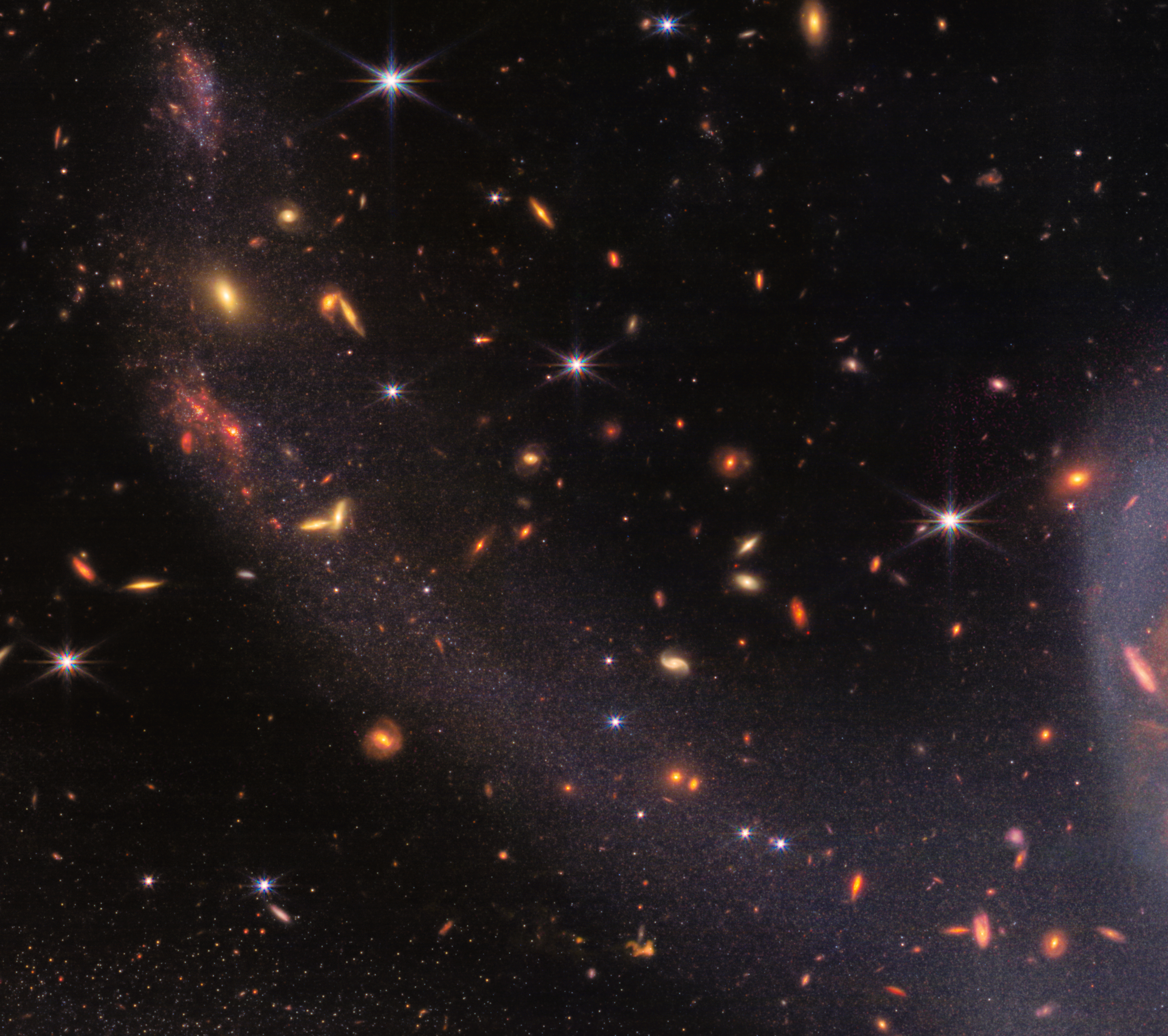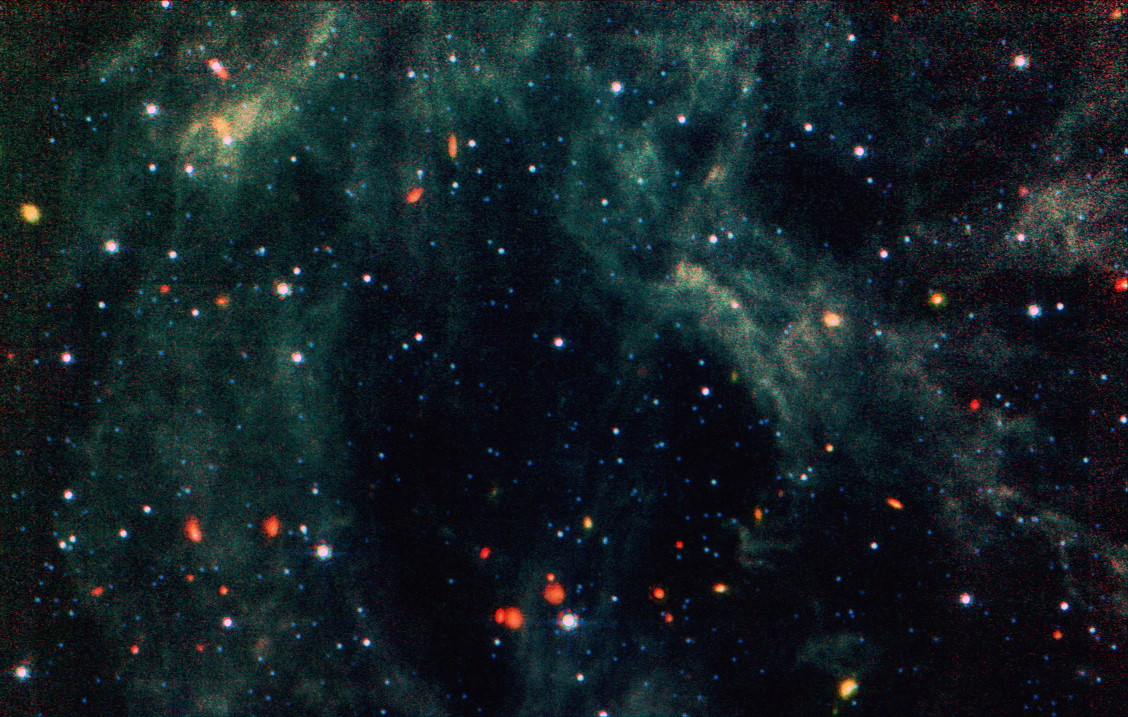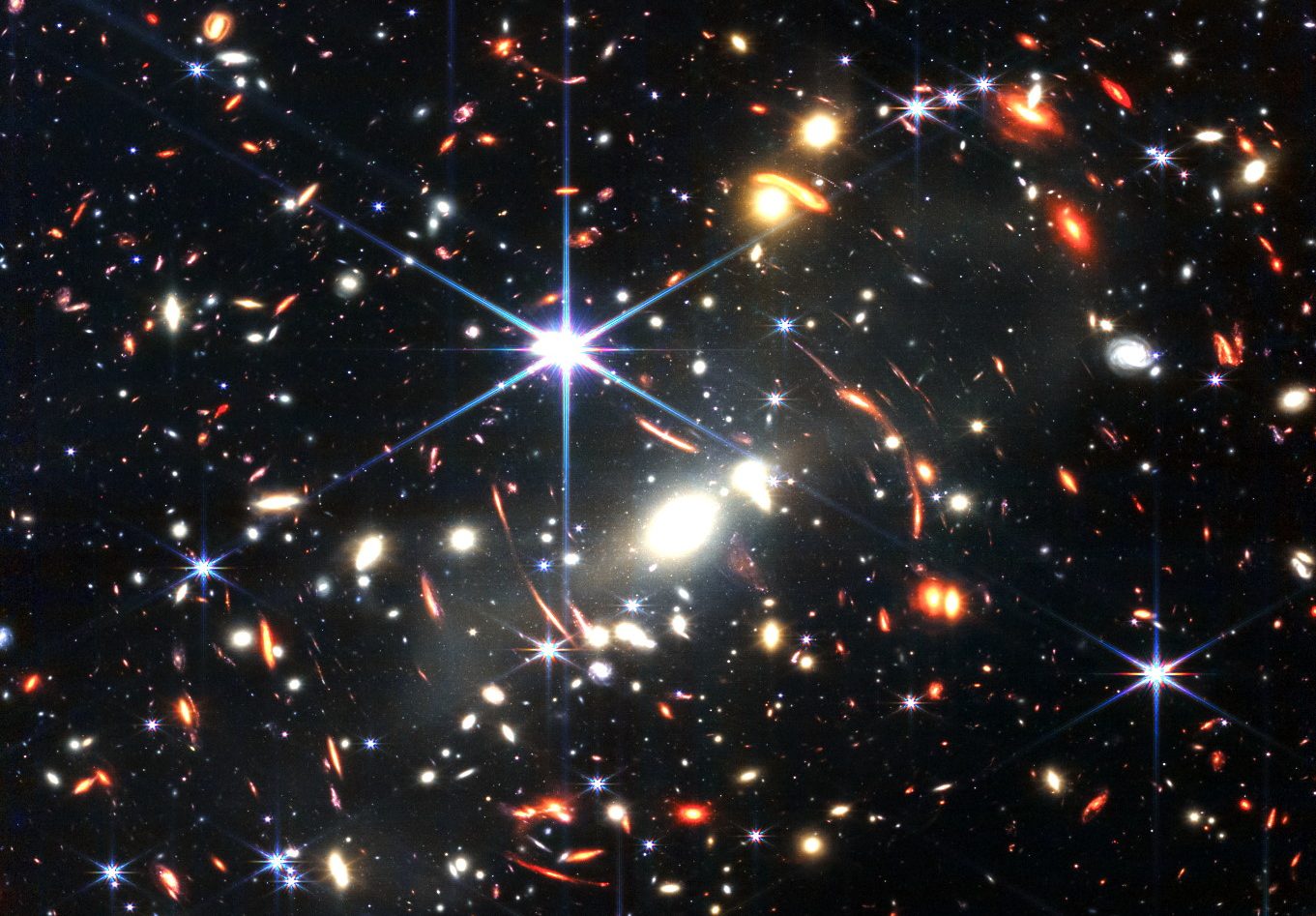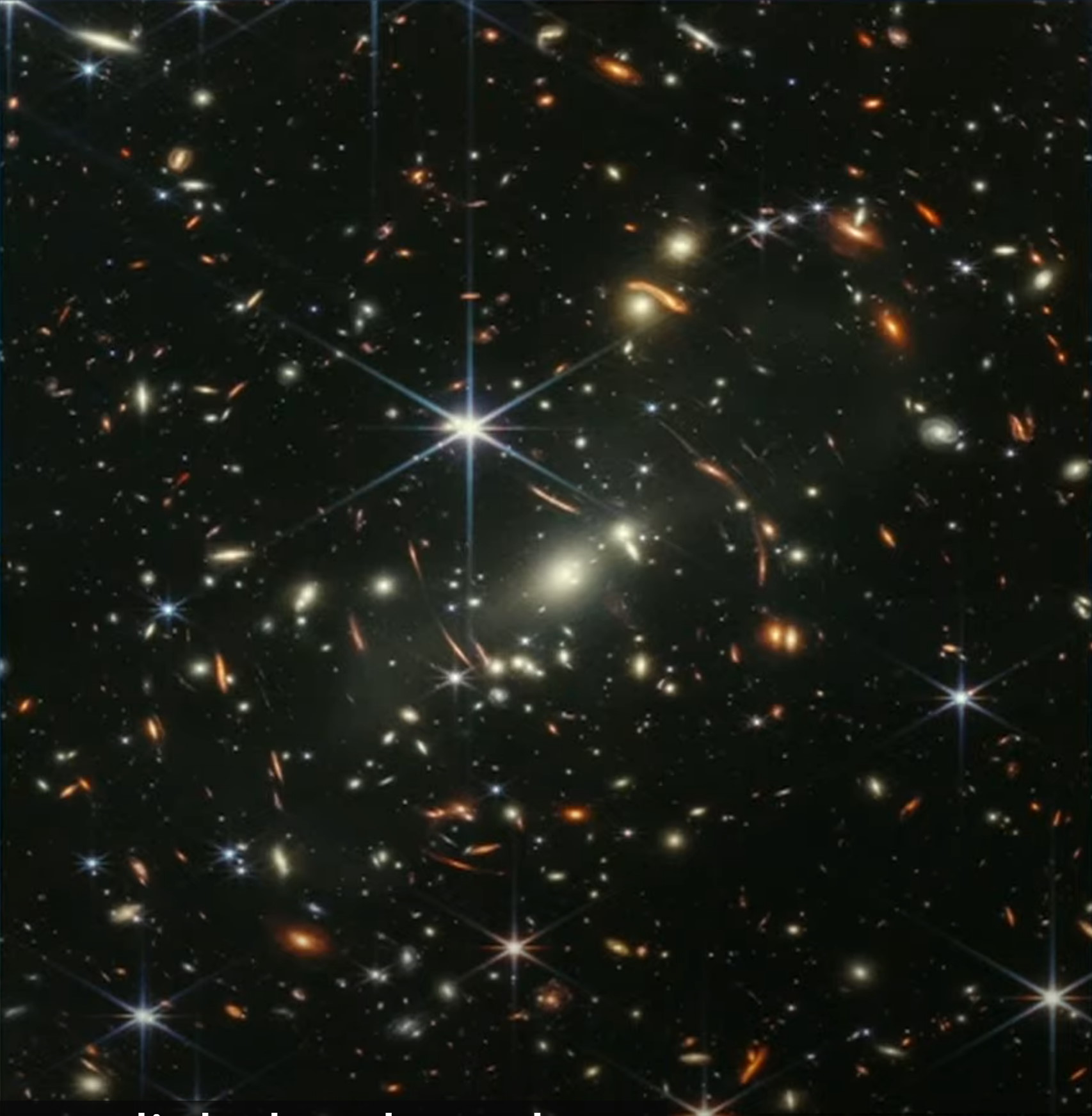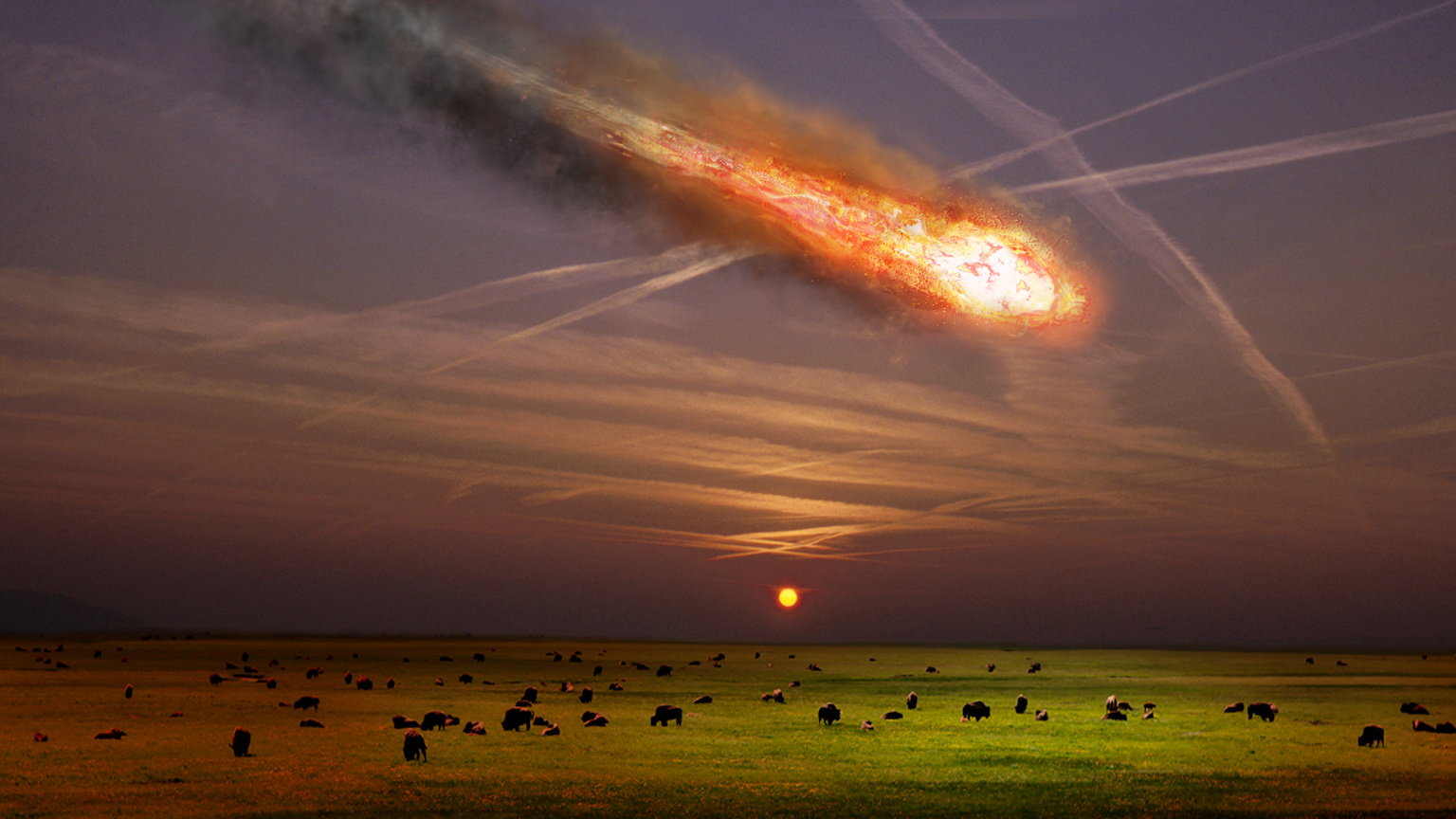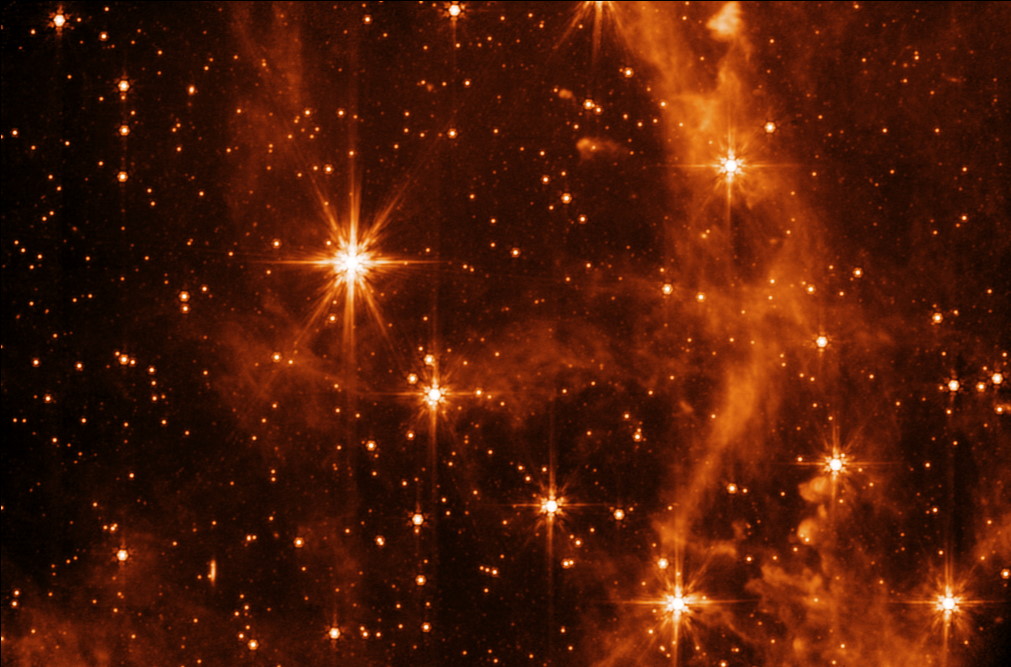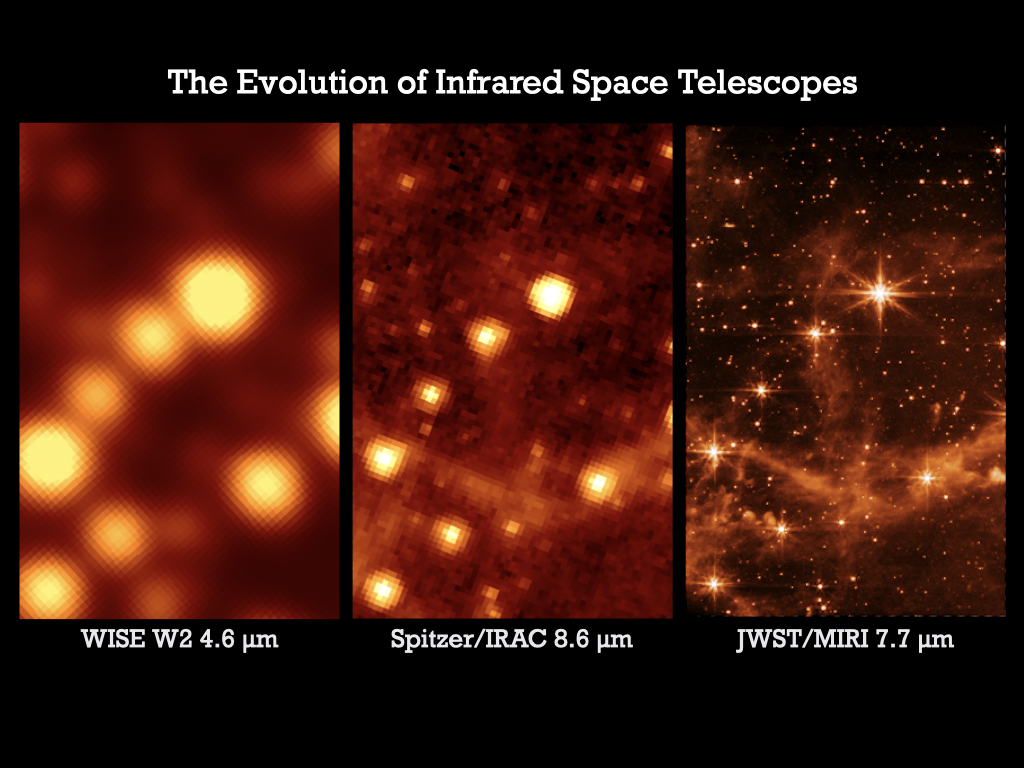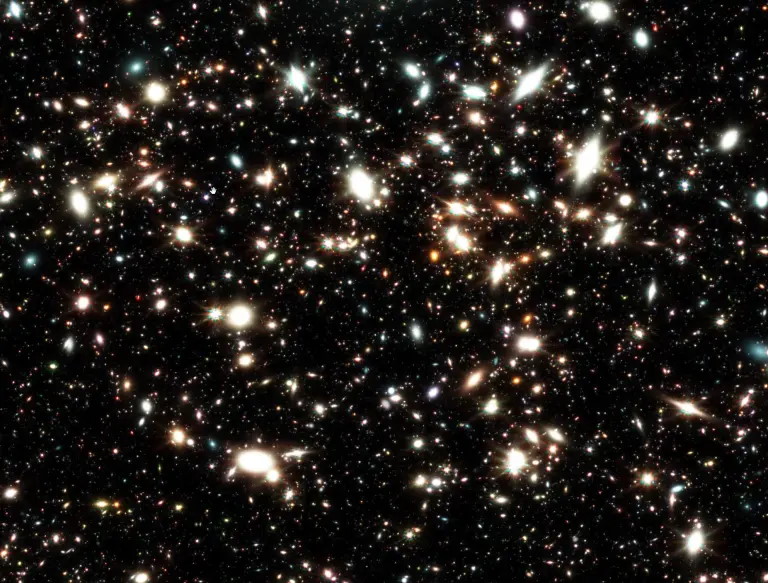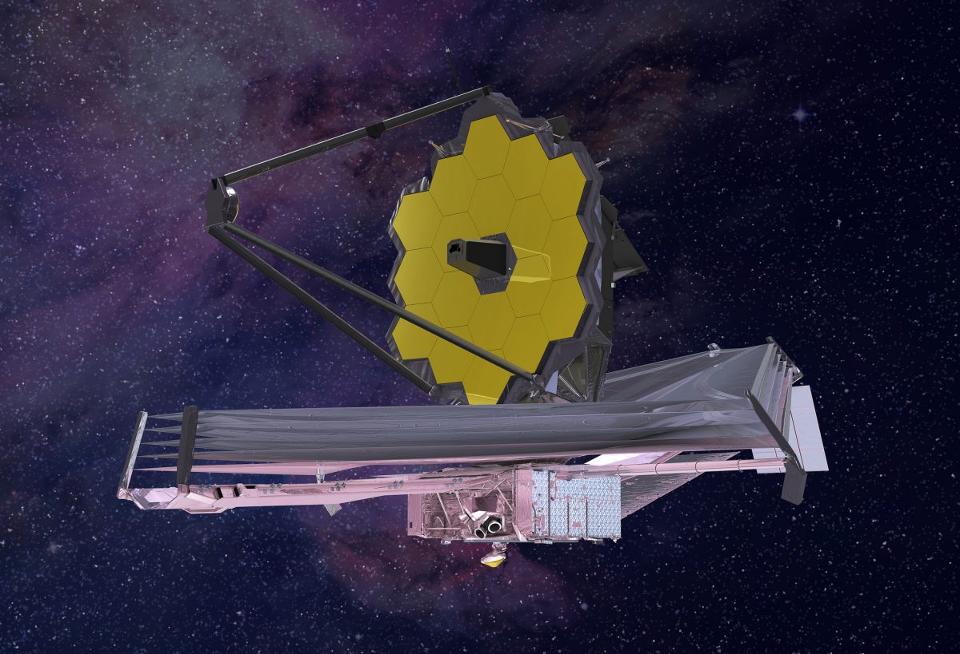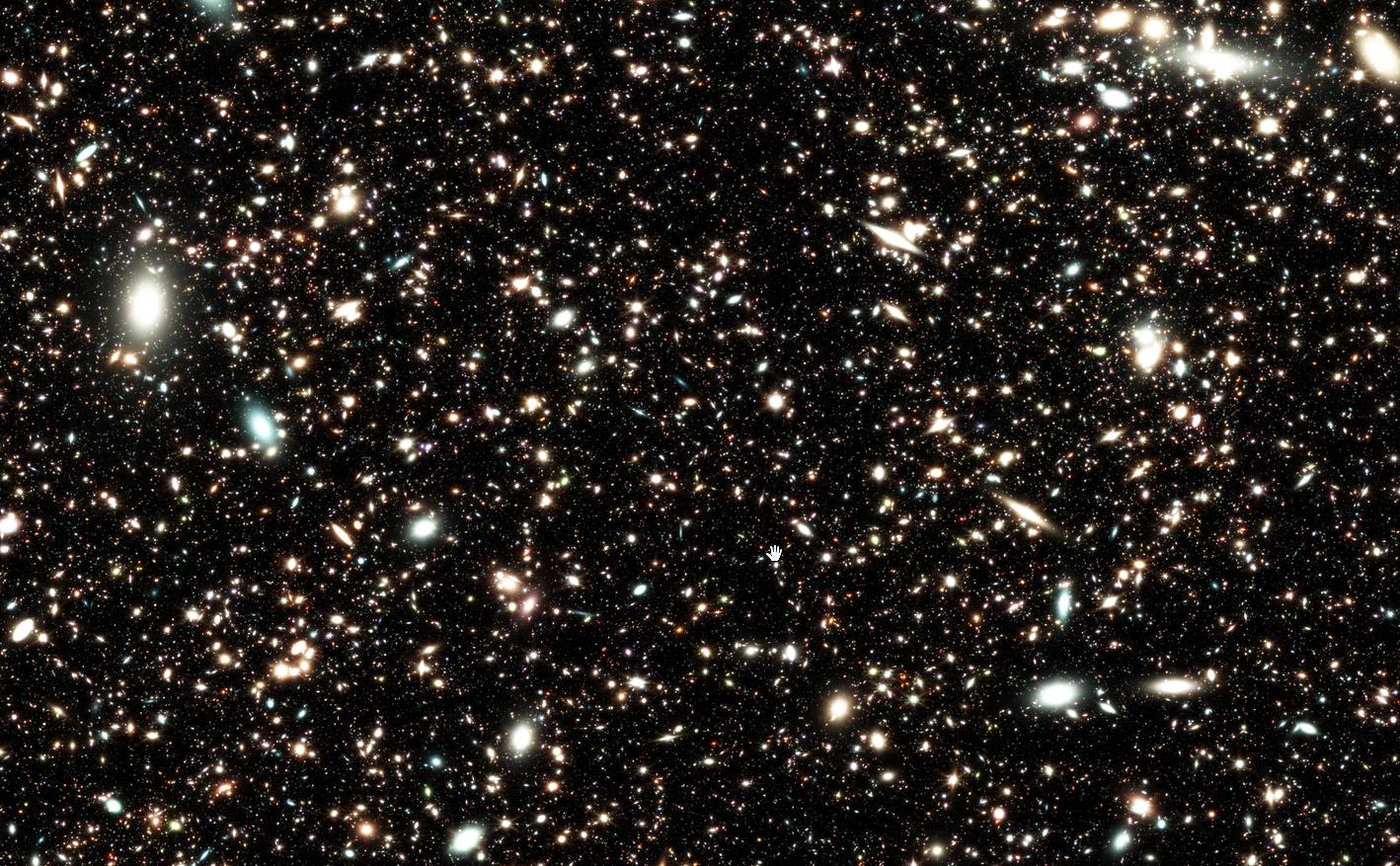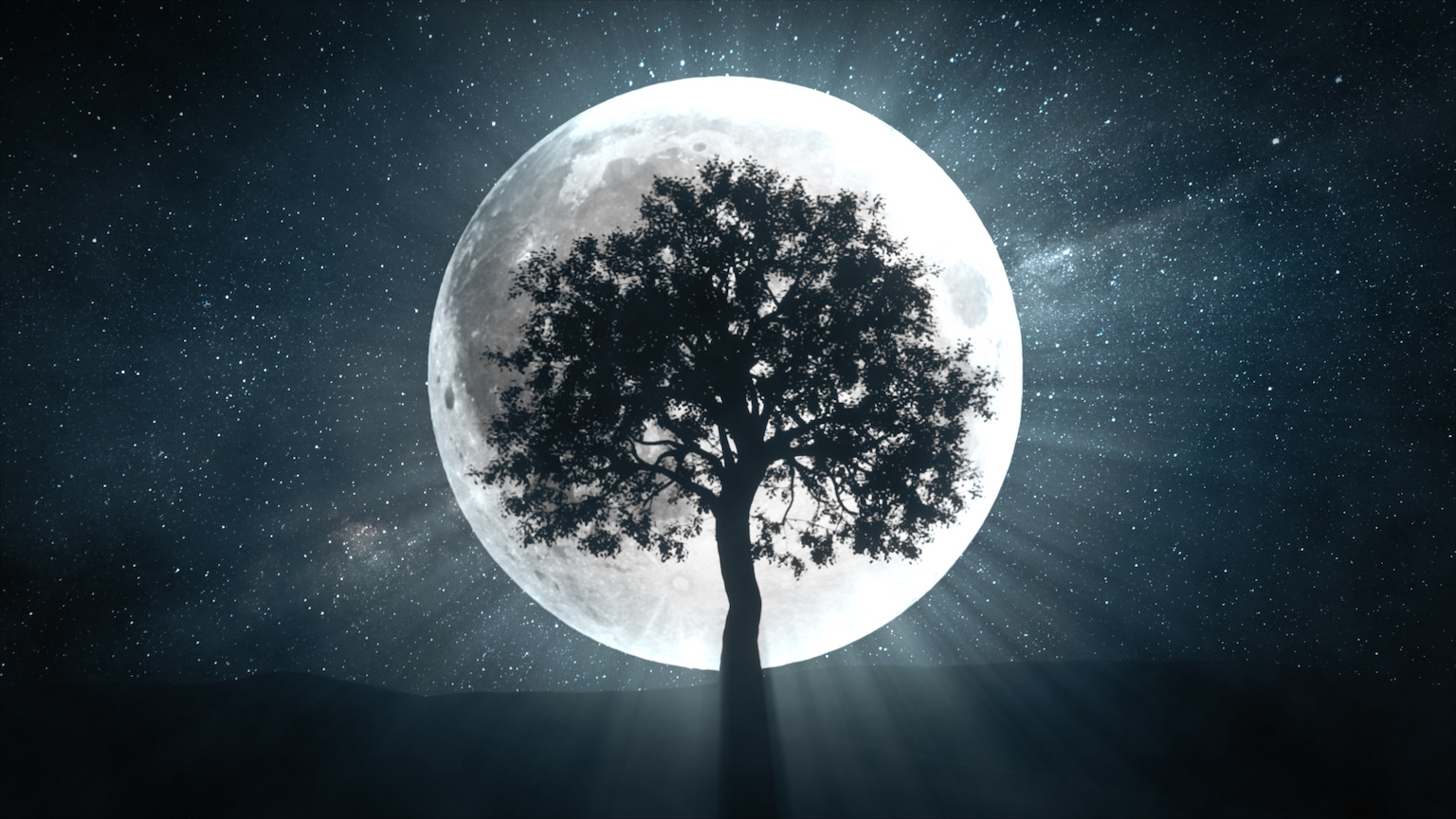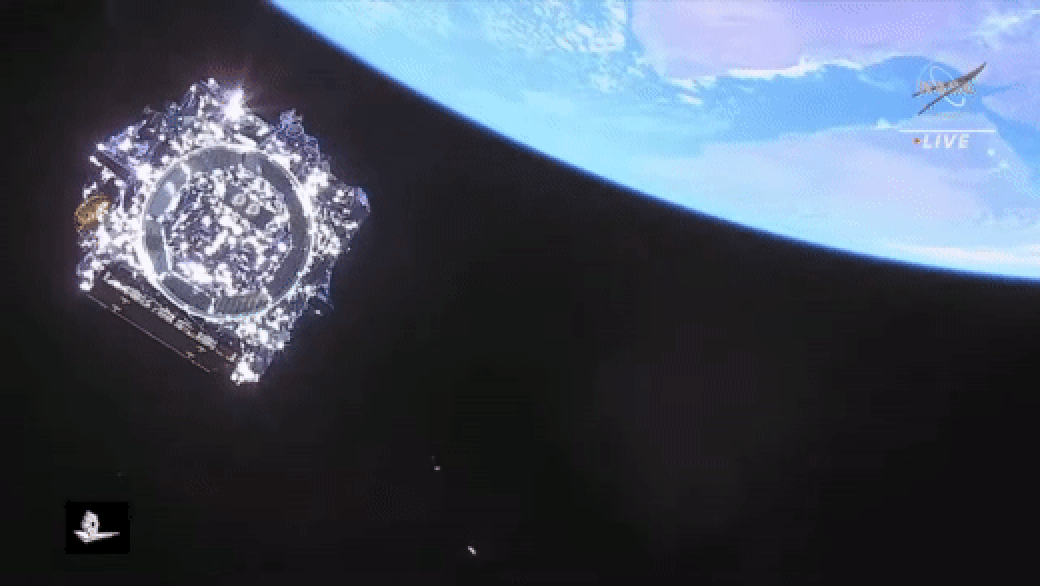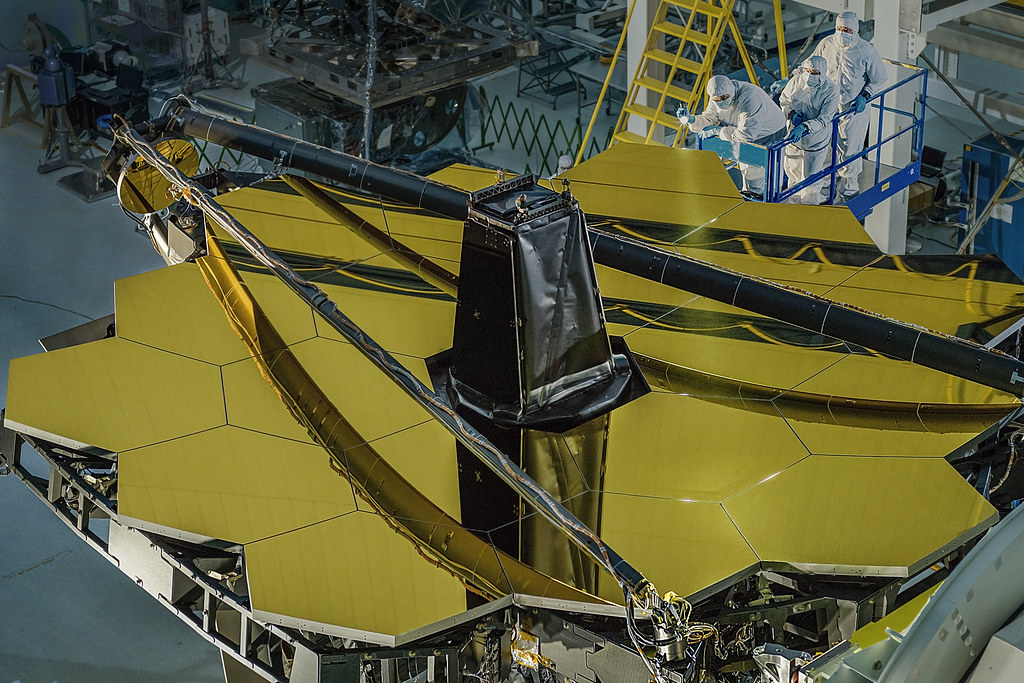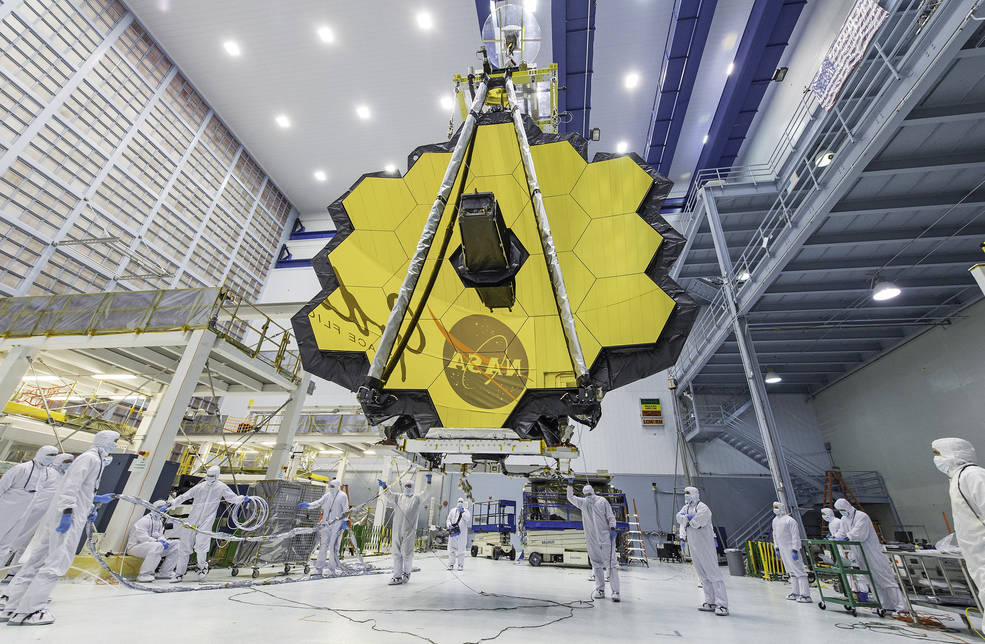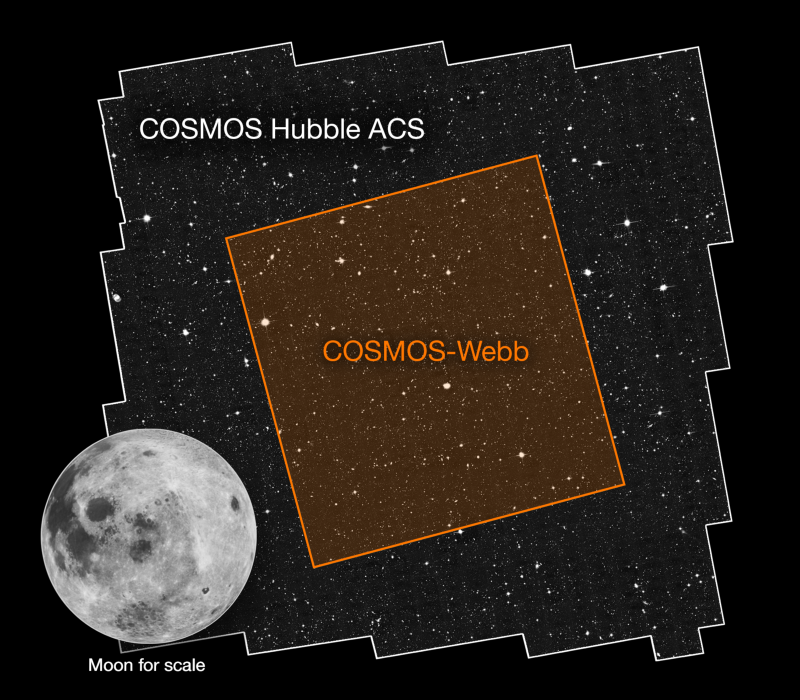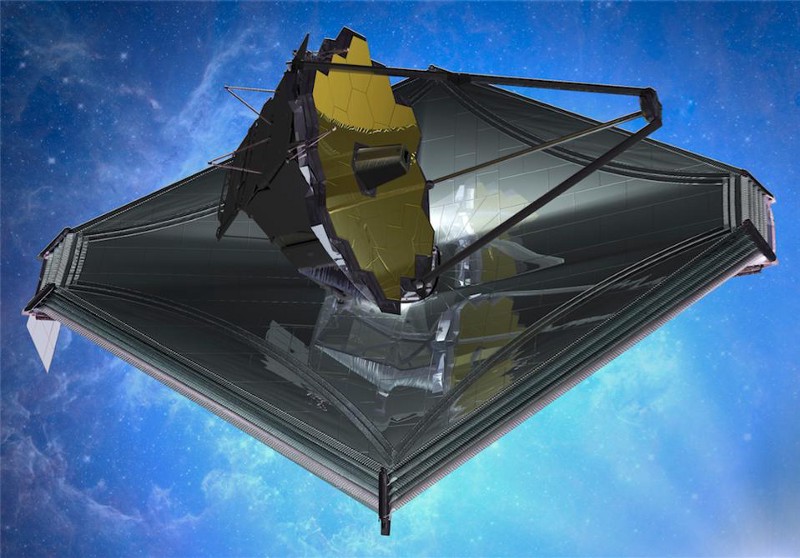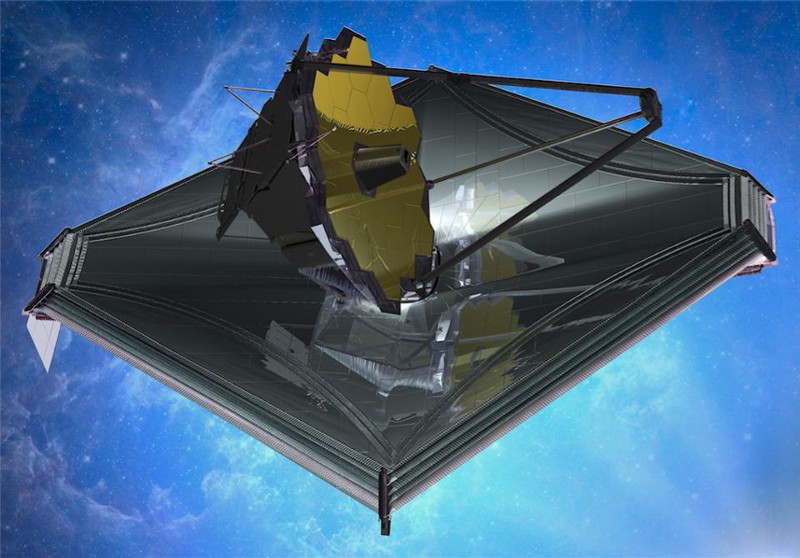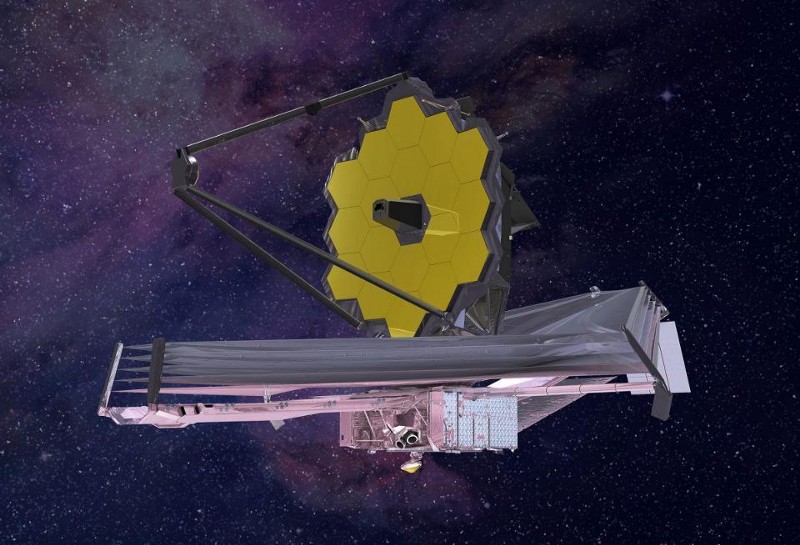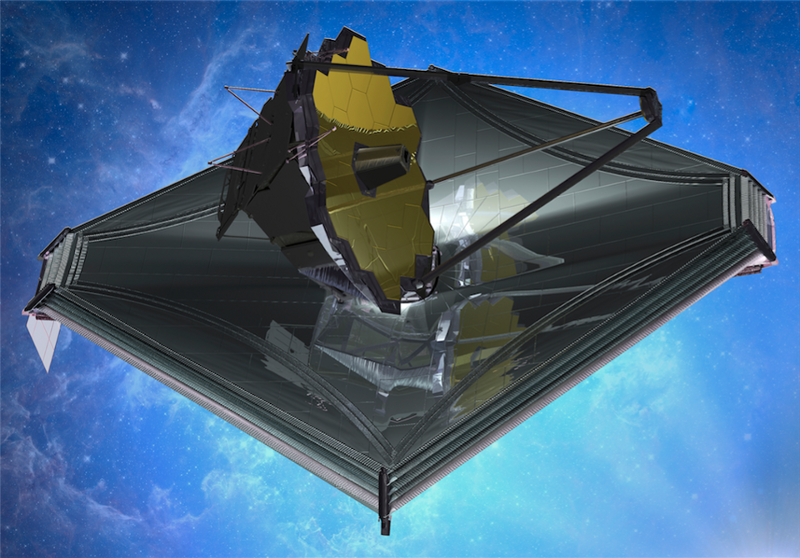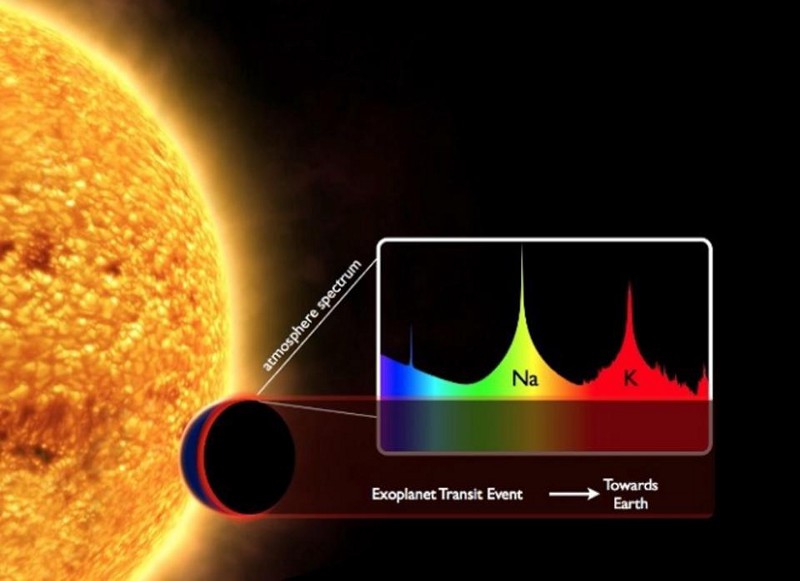The first set of James Webb’s images blew us all away. In just 2 mere months, it’s seen highlights that no one could have predicted.
Search Results
You searched for: James W
Unexpected images of galaxies from the James Webb Space Telescope do not disprove the Big Bang. There are other likelier explanations.
Hubble revolutionized astronomy more than once. Here’s what we can expect from the James Webb Space Telescope.
We knew we’d find galaxies unlike any seen before in its first deep-field image. But the other images hold secrets even more profound.
Take a peek at the pre-release images used to calibrate and commission JWST’s coldest instrument, now ready for full science operations.
Even with only 12.5 hours of exposure time, James Webb’s first deep-field image taught us lessons we’ve never realized before.
Astronomy’s roots rest in the very origins of humanity. We have always looked to the skies for answers. We are starting to get them.
Now that it’s fully commissioned, the James Webb Space Telescope begins its exploration of the Universe. Here are its first science images!
With its very first deep-field view of the Universe now released, the James Webb Space Telescope has shown us our cosmos as never before.
The James Webb Space Telescope (JWST) will study many dangerous cosmic phenomena, knowledge of which may help save humanity.
On July 12, 2022, JWST will release its first science images. Here are 5 ways the telescope’s findings could change science forever.
It was supposed to have a 5.5-10 year lifetime, and take 6 months to calibrate. It’s performing better than anyone anticipated.
In the latest edition of the Starts With A Bang podcast, we talk with soon-to-be Dr. Arianna Long about galaxies, from birth to today.
When we started imaging the Universe with Hubble, every star had four “spikes” coming from it. Here’s why Webb will have more.
Once science operations begin for James Webb, we’ll never look at the Universe the same way again. Here’s what everyone should know.
Hubble’s deepest views of space revealed fewer than 10% of the Universe’s galaxies. James Webb will change that forever.
The James Webb Space Telescope finally could answer the age-old question of whether we are alone in the universe.
For many, it was just a successful launch like any other. But for scientists around the globe, it was a victory few dared to imagine.
With launch, deployment, calibration, and science operations about to commence, here are 10 facts that are absolutely true.
From exoplanets to supermassive black holes to the first stars and galaxies, Webb will show us the Universe as we’ve never seen it before.
After decades of development, whether NASA’s Webb succeeds or fails all comes down to five critical milestones that are only days away.
Hubble, our greatest space-based observatory today, is just the beginning. The Hubble Space Telescope has been astronomy’s most revolutionary observatory in history. The stars and galaxies we see today didn’t […]
Hubble’s still going strong after 31+ years. James Webb will never make it that long. Every decision that’s made — in both astronomy and in life — comes with its own set of pros and […]
An artist’s impression of what the fully-deployed James Webb Space telescope will look like from the perspective of an observer on the ‘dark’ (non-Sun-facing) side of the observatory. (NORTHRUP GRUMMAN) […]
The successor to Hubble is almost ready for launch. It’s really coming this year, too! NASA’s James Webb Space Telescope, originally proposed in the 1990s, is finally slated to launch later […]
It’s last “hard” test is over. Now, we wait for its launch. Despite numerous delays, funding crises, and technical challenges, NASA’s James Webb Space Telescope is almost ready. The science instruments […]
We’ve come fantastically far in our understanding of the distant Universe. Here’s how we’ll go even farther. Sometime in 2021, NASA’s James Webb Space Telescope will launch, deploy, and begin science […]
The James Webb Space Telescope could mean finding a human-sustaining planet in another galaxy.
If everything goes right, astronomy will take a magnificent leap into the future. But here’s what needs to happen first. Back in 2000, NASA held their decadal survey, choosing what would […]
Even if it can’t detect them directly, we’ll learn the answer. Here’s how. Perhaps the most revolutionary find of the past generation, when we think about the Universe beyond Earth, is […]
